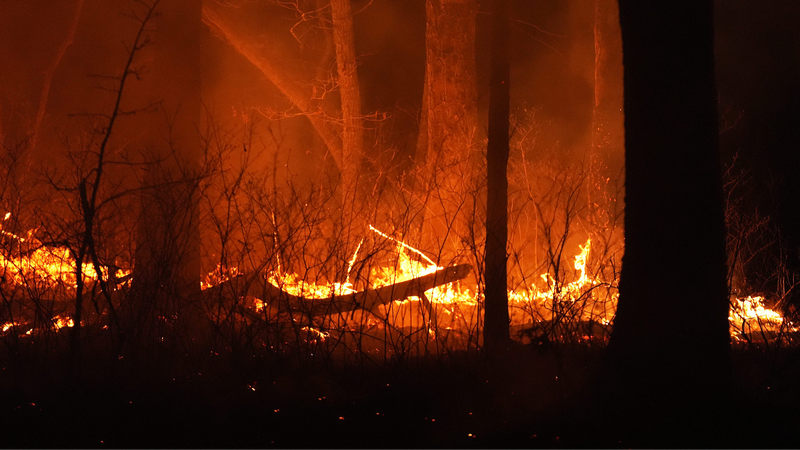Between 2006 and 2020, rising temperatures and shifting weather patterns fueled by climate change supercharged wildfires across the United States, a new study in Nature Communications Earth & Environment reports. The result? Smoke loaded with tiny particles that invisibly drift into our lungs and, researchers estimate, led to roughly 15,000 premature deaths and $160 billion in economic losses over fifteen years.
Each year, wildfire smoke linked to climate factors was responsible for an average of about 1,000 deaths, with the toll swinging from as low as 130 to as high as 5,100. States in the western U.S., especially Oregon and California, bore the brunt of this deadly trend, facing more frequent and intense blazes that send pollution thousands of miles downwind.
Beyond the heartbreaking human cost, the study puts a price tag on the fallout: healthcare expenses, lost productivity and other impacts added up to $160 billion. For businesses, local governments and communities, that translates to rising cleanup budgets, strained hospital systems and tougher policy decisions on forest management and emissions controls.
So what’s next? Experts say these findings highlight the urgent need for stronger climate action and wildfire preparedness. From smarter land management to cutting greenhouse gases, the path forward demands collaboration across sectors—and across borders. After all, wildfire smoke doesn’t respect state lines or time zones.
For young global citizens, entrepreneurs and changemakers, this data offers a clear call to arms: invest in clean energy, support sustainable land practices and push for policies that slow warming. The future of our air—and our health—depends on it.
Reference(s):
Climate-driven wildfire smoke killed thousands in U.S. over 15 years
cgtn.com



